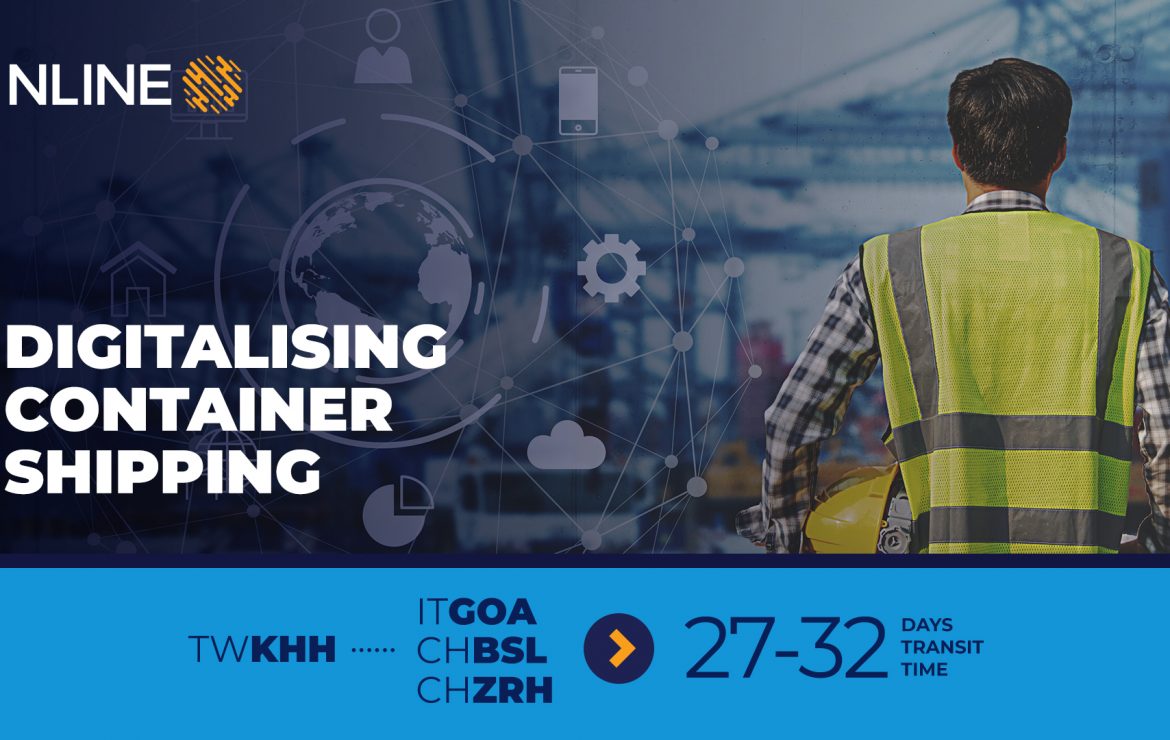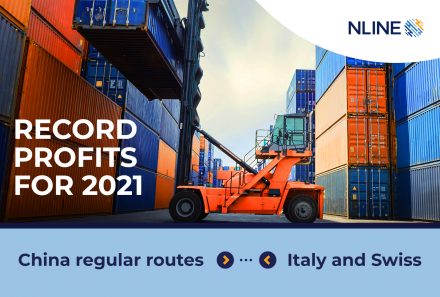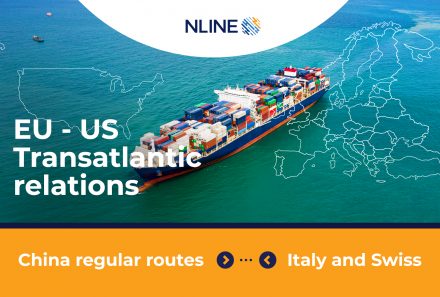
DIGITALISING CONTAINER SHIPPING
Thomas Bagge, of the Digital Container Shipping Association, has for some time been attempting to introduce to create a digitally interconnected industry, thus providing customers with seamless, easy to use services. The association’s aim is to drive and develop technology standards and frameworks.
Mr Bagge reports tha for enabling interoperability the industry adopts a standardised approach to digitalisation, as this depends on collaboration from all industry stakeholders. Since the launch of association in 2019 many industry stakeholders are supporting the project and now it is hoped that shippers and all supply chain participants will collaborate. The introduction of an e-bill of lading could save the industry up to an estimated $4 billion each year. The DCSA has collaborated with IATA, which has spent many years trying to introduce E – freight and E air waybills, which have achieved around 68% market penetration.
“As part of the overall digitalisation of documentation effort, it is a major undertaking for the container shipping industry. Carriers cannot do it alone. It requires key stakeholders such as regulators, banks and insurance companies to accept eBLs to drive widespread adoption and not every government has provisions for an electronic form”
the Covid pandemic has of course accelerated this process and a number of DSCA members have reported sharp increase in eBL adoption and by developing an industry standard language and definitions, DSCA aims to make it easier for government authorities and other stakeholders. There are, in addition to the cost benefits of digitalisation, such as the visibility of the cargo to the destination port, which will expedite processing on arrival. Clearing time can be reduced and the entire supply line will benefit from this saving as the pandemic is still causing problems around the world, the digitalisation facility enables more people to work from home and minimise potential delays.
The success of this project depends very much on all stakeholders engagement, including freight forwarders and as the data is free for everyone to use, it is the association’s belief that it will improve efficiency and allow more innovation.
Based on article in loadstar






